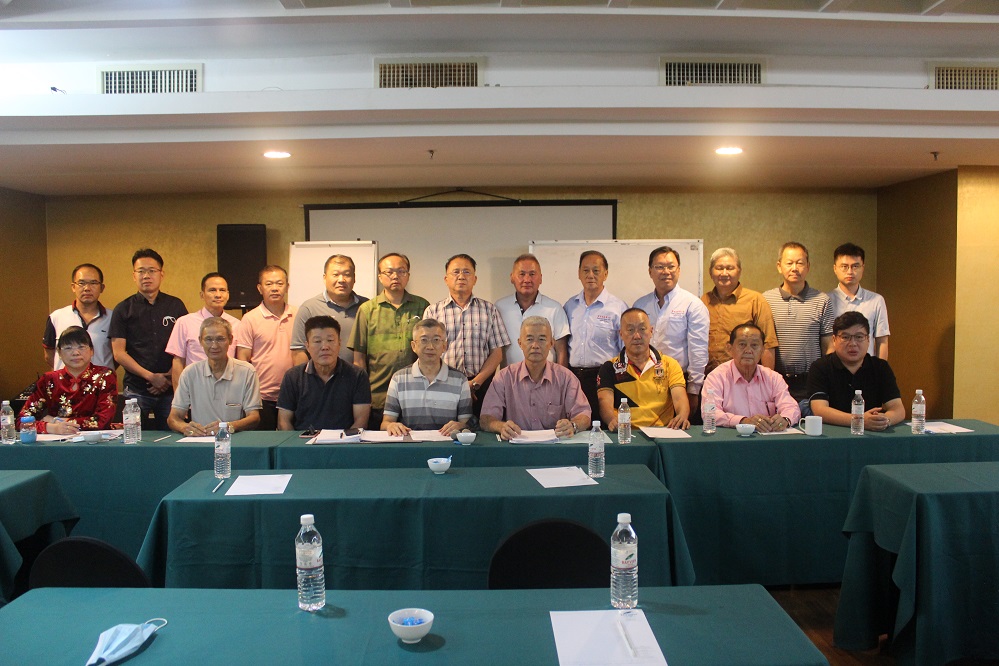The Malaysian tyre industry has faced the issue of waste tyres for many years and with the number of vehicles increasing rapidly in the country, the disposal of end-of-life tyres has become a growing concern.
To urge the government to formulate an effective and once-and-for-all plan to resolve this waste tyre issue, the Malaysian Association of Tyre Retreaders & Dealers Societies (MATRDS) held a press conference recently.
“Since the economy reopened on 1st October last year, many tyre dealers across Malaysia began to face the challenge of managing waste tyres as the tyre recycling factories refused to accept them. In fact, the tyre recycling plant is the only legal channel to scrap waste tyres but many of them had wound up during the pandemic, resulting in today’s predicament,” said President Tee Tau.
Waste tyres are banned from landfill sites by the State governments and without any alternative solutions, he said tyre dealers had to stack their waste tyres at the store front and this affected their image. In addition, many were fined by the Environment Department, Ministry of Health and municipal councils due to waste tyres being placed too close to the road or mosquitoes were found breeding in the water that had collected in the waste tyres.
He added that before the pandemic, former President Goh Soo Chay called on government departments to seek solutions and that they would try their best to cooperate as much as possible, but the problem remained unresolved.
MATRDS Secretary Goh Kiang Weng said that as tyre dealers were only an agent to sell tyres, it was unfair for them to handle waste tyres. He stated; “Since these tyres were used by consumers, shouldn’t the consumers be responsible for the disposal? We have been facing this waste tyre problem for more than 10 years now.
“After the pandemic, it has become more serious. Although the whole of Malaysia is facing this waste tyre problem, the situations vary. In some states, tyre recycling factories are very slow in collecting scrapped tyres. Previously, the collectors collected them for free, but now some charge RM1 while others charge RM 2 for a tyre.”
He pointed out that the tyre industry should not bear the waste tyre disposal cost and it should be the government’s responsibility. After all, this was a matter of national environment protection. This call flies in the face of every tyre manufacturer agreed Extended Producer Responsibility scheme created, where the manufacturer is considered to be the producers and responsible for the recovery of its own waste.
“We also urge the government to stop dealers from importing waste tyres to Malaysia. It might be because the profit of selling imported waste tyres is higher than that for local ones and this had slowed down the recycling of local waste tyres. We hope our government would take this issue seriously and come up with a good solution as the tyre industry is willing to cooperate,” he added.




















